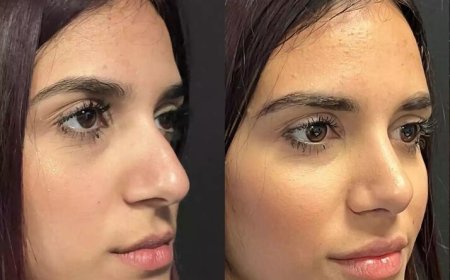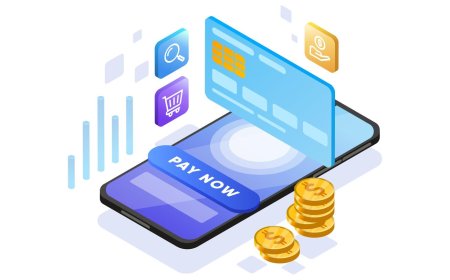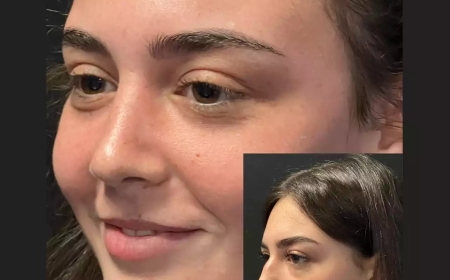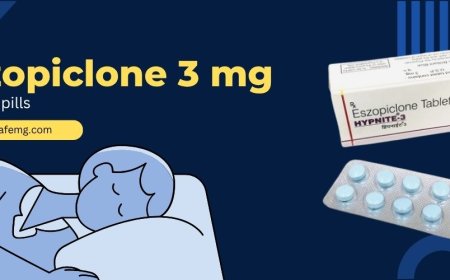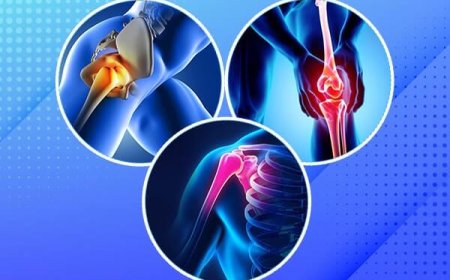The Role of Virtual Nutritionist Assistants in Prevention
A virtual nutritionist assistant helps healthcare providers offer personalized dietary guidance to patients, focusing on the prevention of nutrition-related diseases

Avirtual nutritionist assistant helps healthcare providers offer personalized dietary guidance to patients, focusing on the prevention of nutrition-related diseases. These assistants support nutritionists and dietitians by scheduling appointments, tracking patient progress, managing meal plans, and ensuring compliance with dietary goals.
They are especially helpful in educating patients about healthy eating habits, proper portion sizes, and nutrient intake, helping to prevent conditions like hypertension, high cholesterol, and Type 2 diabetes. By monitoring food logs and offering reminders and follow-ups, they maintain a consistent presence in the patient's health journey.
Integration with Broader Healthcare Services
Nutrition is deeply intertwined with other areas of healthcare. For example, eye health is often impacted by diet. An optometry healthcare virtual assistant can collaborate with virtual nutritionist assistants to help manage conditions like diabetic retinopathy or age-related macular degeneration by aligning dietary plans with eye care needs.
This interdisciplinary collaboration ensures patients receive cohesive care tailored to their specific health risks. It also allows medical teams to monitor multiple aspects of a patient's wellness in tandem, ultimately improving outcomes and reducing the risk of complications.
Accessibility and Convenience in Rural and Urban Areas
Virtual nutritionist assistants make preventive healthcare more accessible to patients in both rural and underserved areas. Many individuals do not have easy access to a registered dietitian or nutritionist. Through telehealth platforms, these assistants deliver dietary support remotely, ensuring that distance and mobility are no longer barriers to preventive care.
They also save time for healthcare providers by managing administrative tasks like patient communication, appointment reminders, and data entry. This allows nutritionists to focus on core duties such as patient consultations and care planning.
Supporting Urgent and Ongoing Care
While their primary role is in prevention, virtual assistants can also support patients recovering from illness or undergoing treatment. A virtual care assistant is especially helpful in urgent care settings, where patients may require dietary adjustments as part of recovery.
These assistants work alongside nutrition teams to ensure that dietary recommendations are communicated clearly, followed properly, and adapted as the patient's condition changes. They serve as a bridge between urgent care providers and nutrition specialists, facilitating a smoother recovery process.
Conclusion
The use of virtual nutritionist assistants in preventive healthcare is a growing trend that promises significant benefits for both patients and healthcare providers. These digital professionals enhance patient engagement, ensure nutritional goals are met, and provide a seamless link to broader health services such as optometry and urgent care. By embracing this technology, the healthcare industry can move closer to a more proactive, patient-centered model that prioritizes long-term wellness over short-term treatment.





